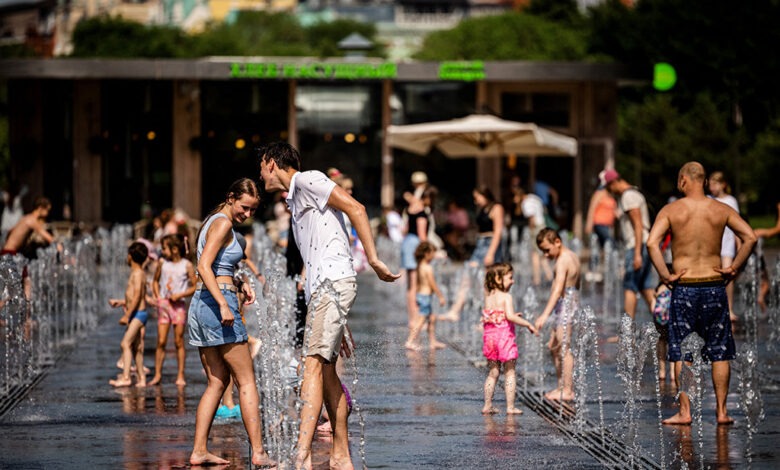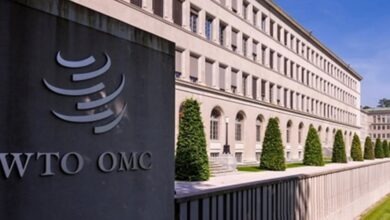Moscow swelters under record-breaking heat wave, scientists point to climate change

Moscow endured a record-breaking heat wave on Friday, with temperatures soaring past 35 degrees Celsius, the highest in nearly three decades, according to the Russian Meteorological Service.
On Thursday, the city had already broken a long-standing record from 1996, reaching 33.9°C, surpassing the previous high of 33.4°C set on July 10, 1996. Forecasters now warn that the mercury could hit 36°C by the end of the day—another all-time high for the Russian capital.
The stifling conditions are part of a broader heat wave affecting central Russia and parts of southern Europe, where temperatures are expected to remain 3 to 8 degrees above average through early next week.
The oppressive heat has pushed many Muscovites to seek relief wherever possible—whether by escaping to suburban countryside homes, relaxing in city parks, or crowding around public fountains. However, some have taken more desperate measures, resorting to swimming in polluted water bodies despite official bans.
“It’s very intense. I don’t remember such heat,” said 86-year-old Valentina Alexandrovna, speaking to AFP while walking the city streets. “It’s hard, I’m taking medication,” she added, highlighting the physical toll on the elderly.
The extreme heat has also disrupted daily life, particularly for construction workers and outdoor laborers, who face increased health risks due to prolonged sun exposure and dehydration.
This latest heat wave adds to growing concerns about the intensifying impacts of climate change. Scientists have long warned that rising global temperatures are making extreme weather events—such as heat waves, wildfires, and droughts—more frequent, prolonged, and dangerous.
Just last month, Western Europe experienced its hottest June on record, with back-to-back heat waves gripping the continent. The European Meteorological Service (EMPOSI) reported “extreme” and unprecedented temperature spikes, signaling yet another alarm in the global climate crisis.
As global temperatures continue to rise, such events are expected to become the “new normal,” posing serious challenges for infrastructure, public health, agriculture, and natural ecosystems.
While Muscovites struggle to stay cool in the short term, experts stress the long-term urgency of cutting greenhouse gas emissions and investing in adaptive urban planning to cope with the new climate realities.












